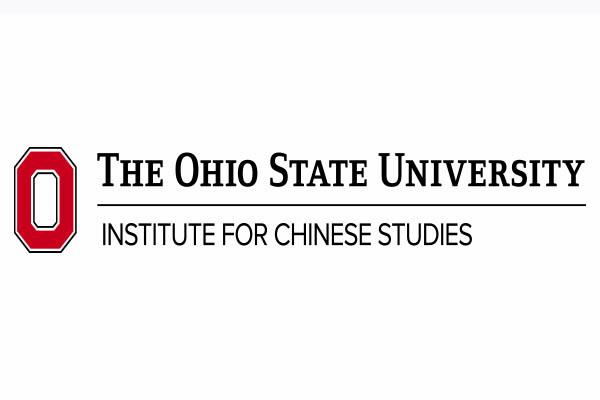
The Institute for Chinese Studies is pleased to present:
"Dream as Method: When the Real is Unreal"
Xinda Lian
Denison University
Brigid Vance
Lawrence University

Abstract: As is the case with other cultural traditions, the fascination with the “realm of dream” in China dates back to ancient times. When the quest for the mechanism behind the entangled relationship between the dream world and “reality” expanded to the field of literature and art, it takes the form of a narrative mode in which the mundane human experience is allowed an extra—otherwise impossible—spatial-temporal dimension. In the hands of the most talented writers, this narrative mode goes beyond dream in the literal sense and becomes a way of binary thinking capable of revealing the true nature of both the link and divide between “illusion” and “reality.” Though the contents and forms of the oneiric stories may vary, they are always bent on doing the same thing: to prove that the “unreal” is real, if the “real” is not necessarily unreal.
